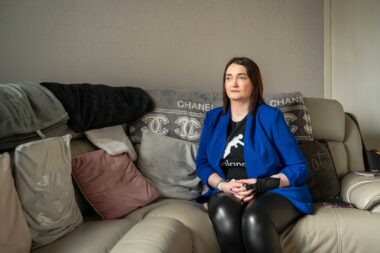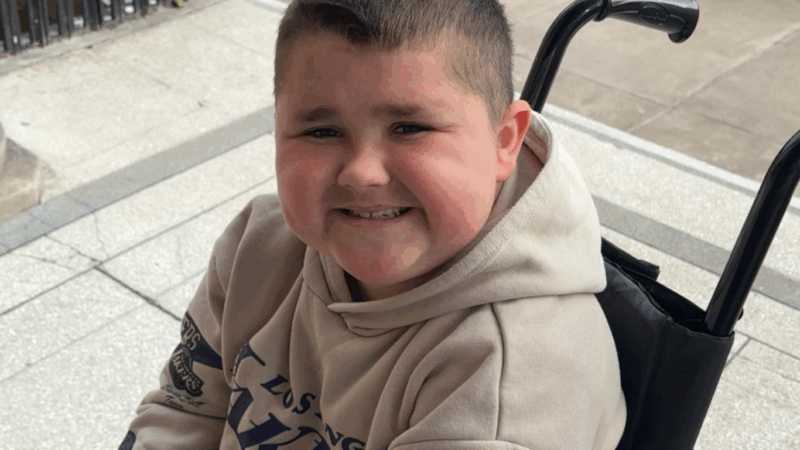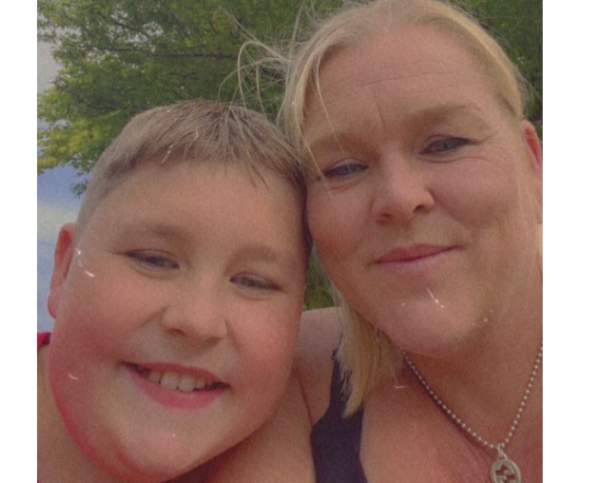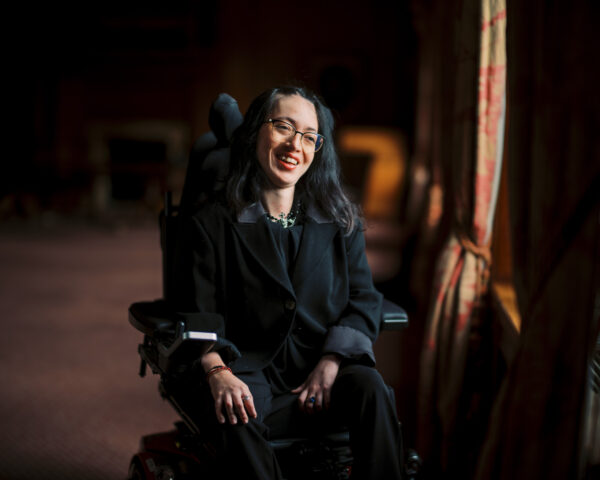Although I am 58 and was diagnosed with Facioscapulohumeral muscular dystrophy (FSHD) 22 years ago, it does not surprise me that the health board in Dumfries and Galloway, where I live, has no record of me. But with data capture now so easy to collate, this should not be the case.
“My biggest struggle is how isolated that I feel”
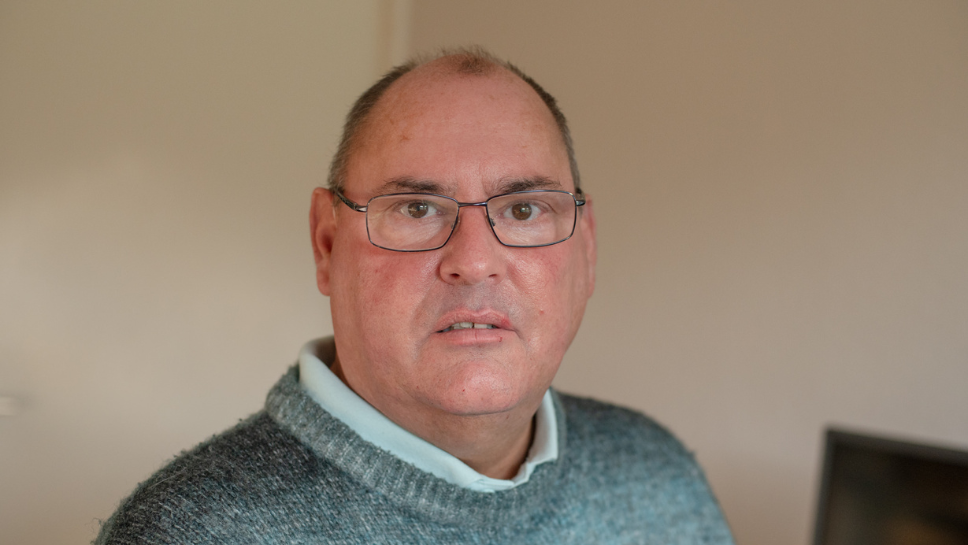
I am one of the missing!
I was wrongly diagnosed with a winged scapular at 17 years old and did not really have any problems until I was older. The company that I worked for in my mid 30s gave us free access to the local gym, so I was very fit at that point in my life. When I was made redundant, and lost the gym membership, I started getting a lot of leg and calf pain. Walking soon became a real struggle, and my ex-wife just thought I was being lazy when I started using the car more. I had some blood tests taken and three months later was diagnosed with FSHD. It was a huge relief by this point as I finally knew what was happening to my body.
The only specialist that I see for my condition is a neurologist at the Queen Elizabeth Hospital in Glasgow, which is the nearest specialist centre to me.
“As this is around 90 miles away, I have my yearly appointment over the phone because it is difficult and impractical for me to travel that far.”
The support that I receive from my neurologist is excellent; I just wish I was able to see medical professionals closer to home.
The lack of knowledge in Dumfries is isolating
“Nobody in Dumfries has any knowledge about my condition.”
Physiotherapists and occupational therapists do not know how to support me. Sometimes I receive appointments from my GP but realise five minutes into the conversation that they are just using me as somebody to learn from. This is really frustrating and demoralising because I have gone there believing they can help me, yet it is the other way round.
The most worrying part about being so alone in managing my condition is how much I am deteriorating. I had scapulothoracic fusions in both shoulders twenty years ago, so my upper body strength is not bad, but my legs are the issue. Up until 12 months ago I was ambulant and could walk around using a Fischer stick. Now I cannot walk more than a few metres. I use an electric wheelchair almost full-time as my balance has become so bad it is dangerous to walk.
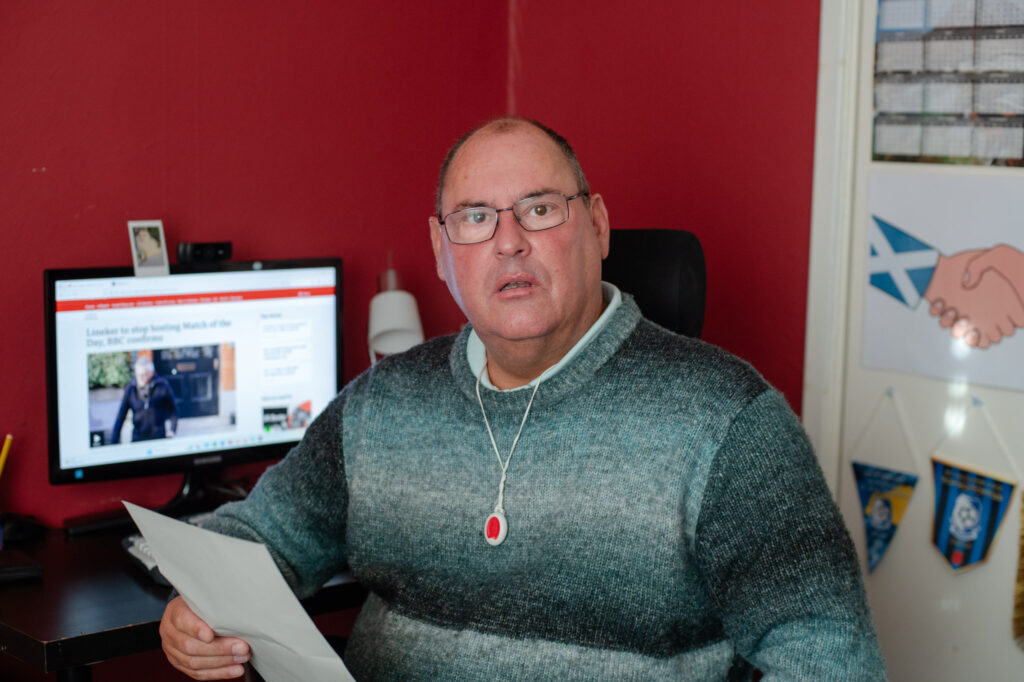
Like most things with muscular dystrophy, we just cope and find a way to adjust, but the deterioration is really hard to process. It would be hard to deal with even if I had the support of medical professionals around me, but feeling like you are navigating the changes all on your own is scary.
Muscular Dystrophy UK are my only regular support
Jackie, from the Muscular Dystrophy UK support team has been helping me for around a year now and she is simply amazing. I have only met one person with muscular dystrophy in the 22 years that I have known about my condition, so I am very isolated here in Dumfries.
“Jackie’s support has made me feel less alone.”
She has been helping me fight to get a ramp outside my house and liaising with my housing association, but so far to no avail. Just knowing I have someone in my corner, who can support me in fighting for my basic human rights, makes a world of difference.
